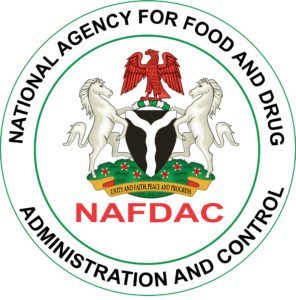FG restates commitment to ending HIV scourge
The Federal Government on Monday in Abuja restated its commitment to end the spread of the Human Immunodeficiency Virus (HIV) scourge in the country.
Mr Boss Mustapha, the Secretary to the Government of the Federation (SGF), made the government’s position known at the 14th anniversary celebration of the National Agency for Control of AIDS (NACA).
HIV causes AIDS and interferes with the body’s ability to fight infections. The virus can be transmitted through contact with infected blood, semen or vaginal fluids.
Within a few weeks of HIV infection, flu-like symptoms such as fever, sore throat and fatigue can occur, a condition that is usually asymptomatic until it progresses to AIDS. The symptoms of AIDS include weight loss, fever or night sweats, fatigue and recurrent infections.
No cure exists for AIDS yet, but strict adherence to Anti-Retroviral (ARV) regimens can dramatically slow the progress and prevent secondary infections and complications.
The SGF, therefore, congratulated NACA “on 14 years of impactful response to the scourge” and assured the agency of continued support.
Mustapha said that government’s domestic funding of the treatment of 50,000 people living with HIV yearly was in line with the commitment of President Muhammadu Buhari to stem the scourge.
He added that “through the visionary efforts of government, millions of people living with HIV have access to Anti Retroviral (ARV) drugs.
50,000 people living with HIV are already placed on treatment by the Federal Government yearly.”
Earlier, the Director General of NACA, Dr Gambo Aliyu, had scored the agency high in its journey so far.
Aliyu, who spoke on “National HIV Response Stewardship, Past, Present and Future’’, said the agency was on track in pursuance of its mandate.
He noted that at the commencement of NACA in 2007, the country’s HIV prevalence rate was 4.6 per cent, with 2.9 million people living with the virus, 212,508 on treatment and 251 treatment sites.
The director general said that the prevalence rate was reduced from 4.6 per cent to 3.4 per cent in 10 years, and the progress made so far was clearly spelt out by the National HIV/AIDS Impact and Indicator Survey (NAIIS) in 2018, which estimated 1.3 per cent prevalence rate.
Dr Erasmus Morah, the Country Director, UN Joint Programme on HIV/AIDS (UNAIDS), described NACA at 14 as “one in its best period of life.”
Morah congratulated the agency and urged its leadership to remain focused; adding that its efforts in the fight against HIV made Nigeria to be at the phase of achieving UNAIDS vision 90-90-90.
Mr Dozie Ezechukwu, the Executive Director, Country Coordinating Mechanism (CCM), also commended NACA “for living to its responsibilities.”
Ezechukwu called for stronger synergy between NACA and partners in ending HIV in the country.
Formerly called National Action Committee on AIDS, NACA was established to coordinate the various activities of HIV/AIDS in the country.
Among other purposes, the agency is also to coordinate and sustain advocacy by all sectors and at all levels for HIV/AIDS/STDs, Expanded Responses in Nigeria; develop framework for collaboration and support from stakeholders for a multi-sectoral and multi-disciplinary response to HIV/AIDS in Nigeria, as well as develop and present to the Presidential Council on AIDS (PCA), all plans on HIV/AIDS in the country for policy decisions.




